As if the people of Haiti didn’t have it bad enough. After the earthquake, the residents now find themselves beset by a plague of opportunistic religionists, eager to tell Haitians that they themselves are the reason for their suffering.
These days, preachers are wandering through public squares, carrying Bibles and delivering sermons to the homeless residents of makeshift tents pieced together after the earthquake.
Mio Janvier is among the estimated one million who became homeless on Jan. 12.
The middle-aged woman spends her days sitting in front of her new home made of bedsheets, in the shadow of the smashed remnants of Haiti’s presidential palace.
She says she hasn’t been going to church; the preachers are coming to her.
And the messages she’s been hearing haven’t been all that stern.
“No,” she says. “They just tell us, ‘Jesus is coming back’.”
One of her tent-city neighbours disagrees.
He says that, yes, there have been plenty of preachers promising the imminent return of Jesus, but they’ve also had harsh words for their fellow Haitians.
He says the tent-dwellers are being told that the end is nigh, and that they’d better change their ways in time for Judgment Day.
Nickerson Gay says they’re being told they might wind up suffering the same calamitous fate periodically visited upon the infamous sinners of the Old Testament.
“They’ve been talking a lot about that,” said Nickerson Gay, a high-school teacher.
“They’re talking about Sodom and Gomorrah. They’re even talking about the floods in Noah’s time.”
“They’re saying God hit Haiti because there’s a lot of evil and sin going on in the country, which is why God hit us this way.“
Absolutely infuriating, and completely in line with Christian doctrine. Richard Dawkins‘ has already blasted the hypocrisy of Christian doctrine with far more erudition than I could muster, but let me just say this.
If you take the Christian view, you must accept that your god caused or allowed the disaster to happen. And why wouldn’t he? It’s the same god that drowned everything on earth except Noah and his family, leveled Sodom and Gomorrah, and killed millions more because they were insufficiently faithful to him, or because he didn’t like what people were doing with their private bits. In which case, any Christian should recognise the hand of justice when they see it, and any thinking person should recognise a fishy story when they hear it.
Everyone tries to understand why bad things happen (in Haiti or anywhere else), and it’s human nature to accept a superstitious answer when things are out of your control. But it’s horribly ironic that people who have the least consistent explanation are having so much influence on an understandably jittery population. And they’ll keep loading these worried people into their churches, and pass the plate.
These people are still reeling from the tragedy that’s befallen them. Either help them to feel better, or leave them the fuck alone.
UPDATE: Just one more quote from the article.
Gracia Ganer Lemercier, also rendered homeless by the quake, is wandering in front of the shattered cathedral.
He’s active in his church and has had a decent career in the federal public service. Even though he now wears a scraggly beard and frayed clothing, he’s feeling grateful.
“The great Lord, who is the architect of the universe, I thank him for having saved my life – and for having saved the life of many of my brothers and sisters,” Lemercier says.
“I ask him to continue blessing us.”
But what is he hearing from religious leaders? Why would such a terrible string of tragedies befall Haiti?
“These are our sins,” he replies. “They are the sins of each Haitian on this Earth, which God has given us as our heritage.”
Tell me this doesn’t fit the profile of battered-spouse syndrome.
In lay terms, this is a reference to any person who, because of constant and severe domestic violence usually involving physical abuse by a partner, becomes depressed and unable to take any independent action that would allow him or her to escape the abuse. The condition explains why abused people often do not seek assistance from others, fight their abuser, or leave the abusive situation. Sufferers have low self-esteem, and often believe that the abuse is their fault. Such persons usually refuse to press criminal charges against their abuser, and refuse all offers of help, often becoming aggressive or abusive to others who attempt to offer assistance. Often sufferers will even seek out their very abuser for comfort shortly after an incident of abuse.

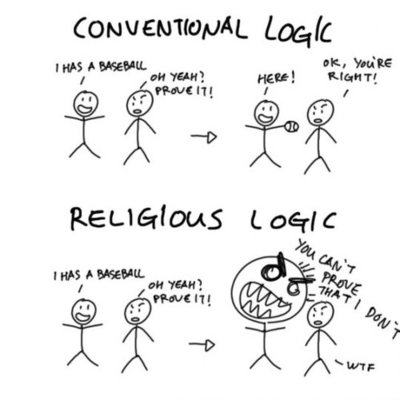

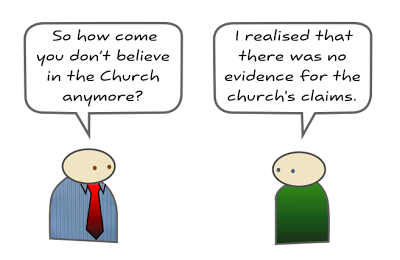

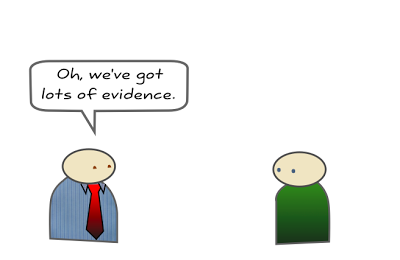
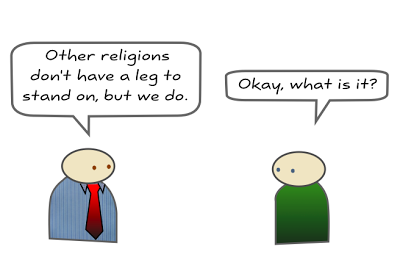
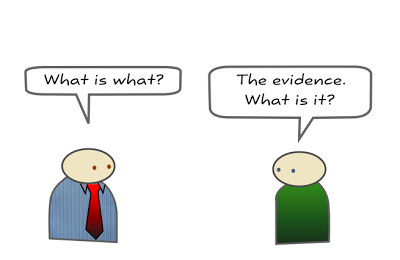

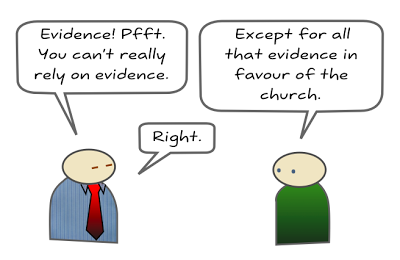


Recent Comments